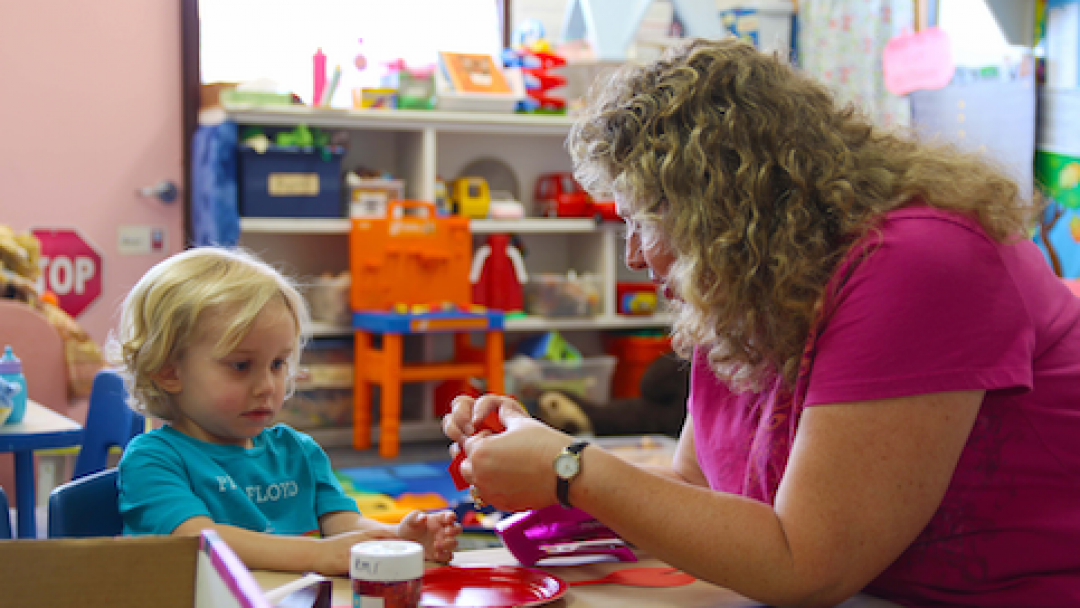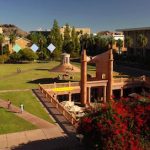As a mother of three girls, I feel the weight of every parental decision I make. Even the little things like what’s for dinner or deciding between dance and soccer. One of the most important decisions I’ve made, and continue to make, is how to enrich my children’s lives emotionally, socially, cognitively and physically. With school enrollment season upon us, this decision becomes more urgent.
Parents may wonder what the appropriate age is to send their child to school. Are the things my child is learning at home or at daycare enough? Is my child ready for school? Ultimately, each family is different. However, numerous studies show the powerful impact a high-quality early childhood education has on an individual’s future success in the classroom, in the workforce, and in his/her social and civic development. The consistent message from these studies is children are born ready to absorb their environment. The earlier a child’s natural curiosity is supported with a wide range of learning opportunities, the stronger his/her foundation is for future success.
Early childhood education differs from primary and secondary education. Children 5 years old and younger are likely not ready for the academics of a traditional classroom, so the focus of early education is instilling a love for learning through exploring their world. It’s incredibly beneficial for students entering kindergarten to have practiced social habits like how to be a good friend, when and how to share ideas and what to do when frustrated, mad or sad.
After deciding what age to send a child to school, parents are faced with an equally daunting decision. What type of early childhood education is best? As the Director of Cross Roads Preschool and Kindergarten, a preschool for ages 18 months to 6 years old, the questions I hear most are about our Play-Based program.
What is Play-Based Learning?
“Play is the highest form of research” –Albert Einstein
I have adopted Early Years Learning Framework’s definition of Play-Based Learning – a context for learning through which children organize and make sense of their social worlds, as they actively engage with people, objects and representations. Learning through play stimulates a child’s sense of well being while enabling him/her to connect past experiences with new concepts. The emphasis is on developing relationships and concepts while allowing a child’s uniqueness to shine through.
What Does a Play-Based Program Look Like?
Imagine a classroom in which children are using toothpicks and marshmallows to engineer a castle while the teacher asks questions like, “What did you do to get the tower to balance?” Students play “restaurant” – practicing how to play together while the teacher incorporates basic math concepts. These are things you might see in a Play-Based classroom.
Play-Based classrooms are typically set up in sections that may include a playhouse, reading nook, sensory table, block area, etc. Each section is designed to encourage learning through play.
Unlike other approaches, Play-Based programs prioritize teaching a love of learning. This is why I chose Cross Roads Preschool, a school that whole-heartedly believes in structured play, for my children. It’s also why I chose to teach at the school and take on my current position as the school’s Director. Cross Roads has a warm, supportive staff that encourages students through all stages of development. Our teachers are incredibly talented at finding what excites each student and using that excitement to promote exploration and learning.
As a parent I know how hard it is to choose a school. As an educator, I am available by phone or email to help guide parents through their choices. Visit www.CrossRoadsPSK.com for more information.








